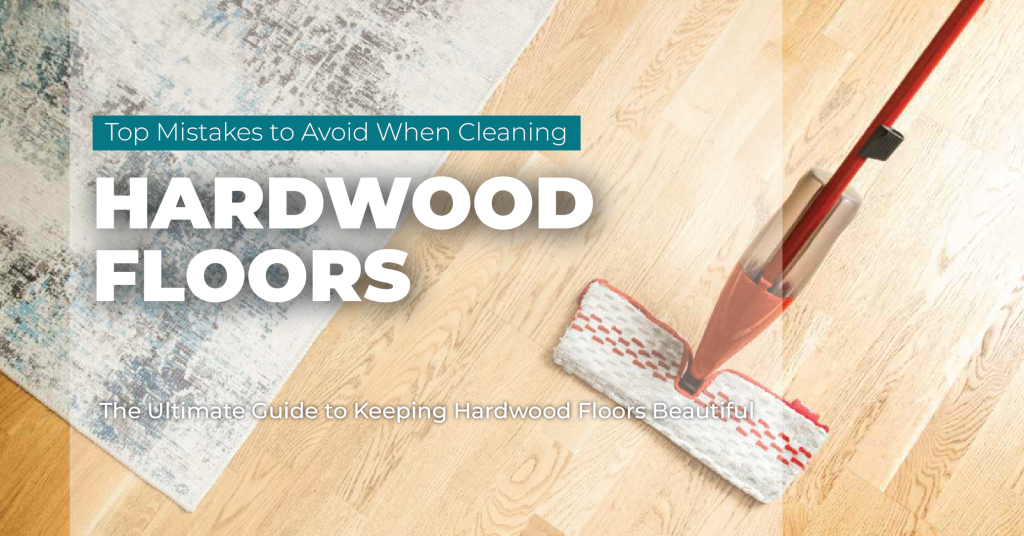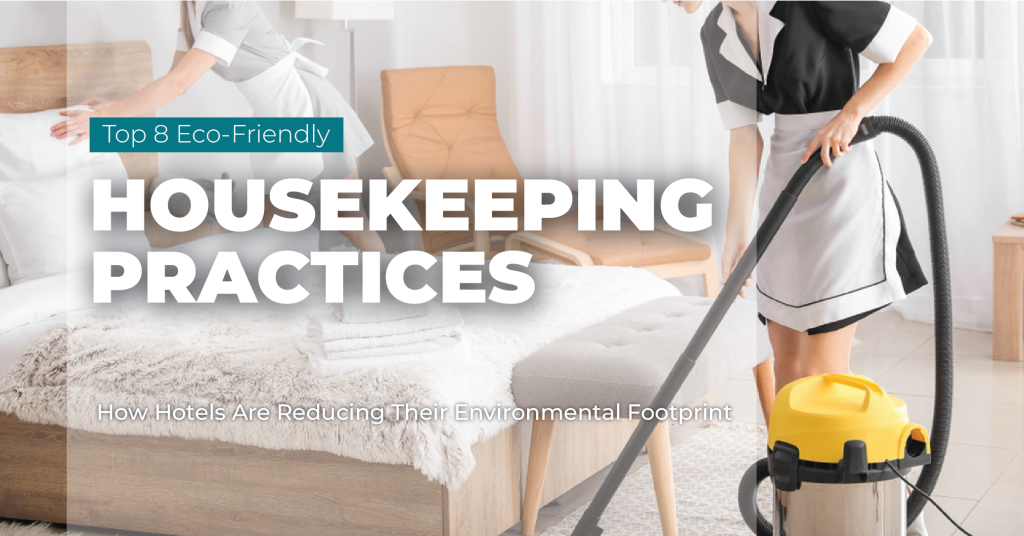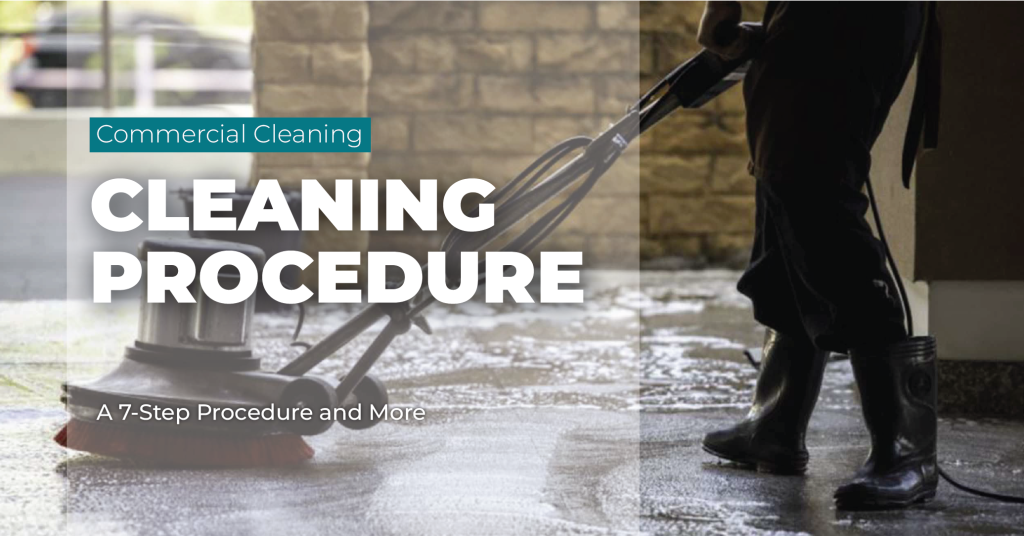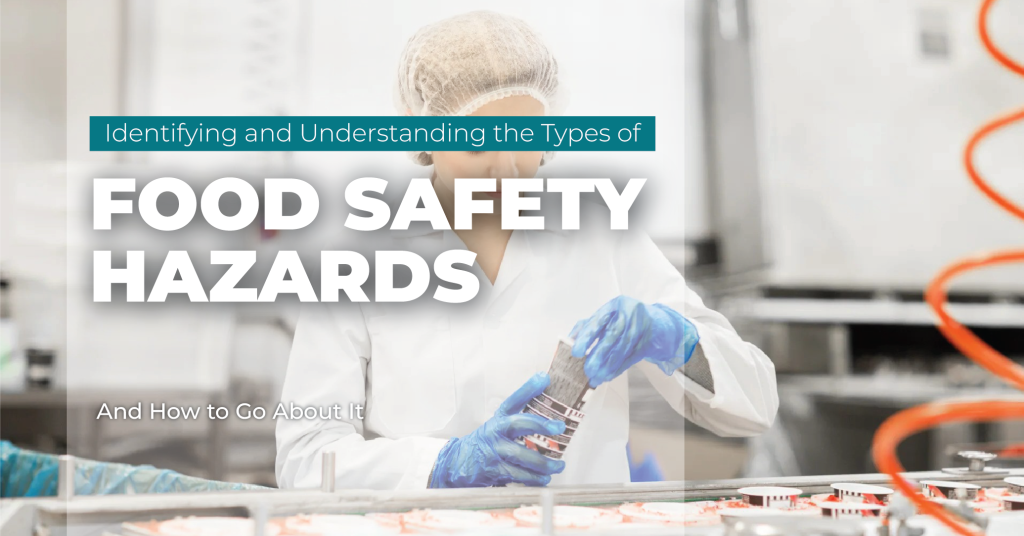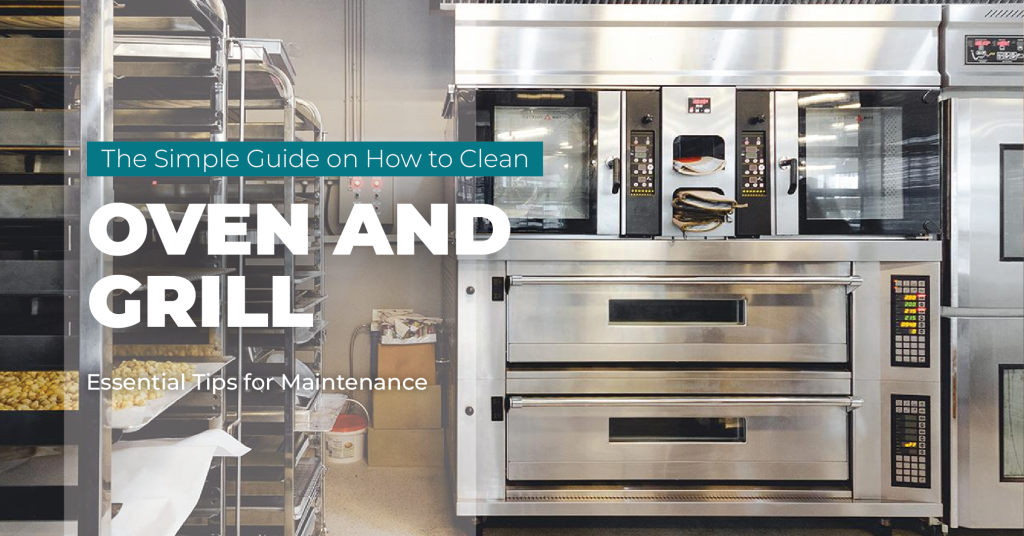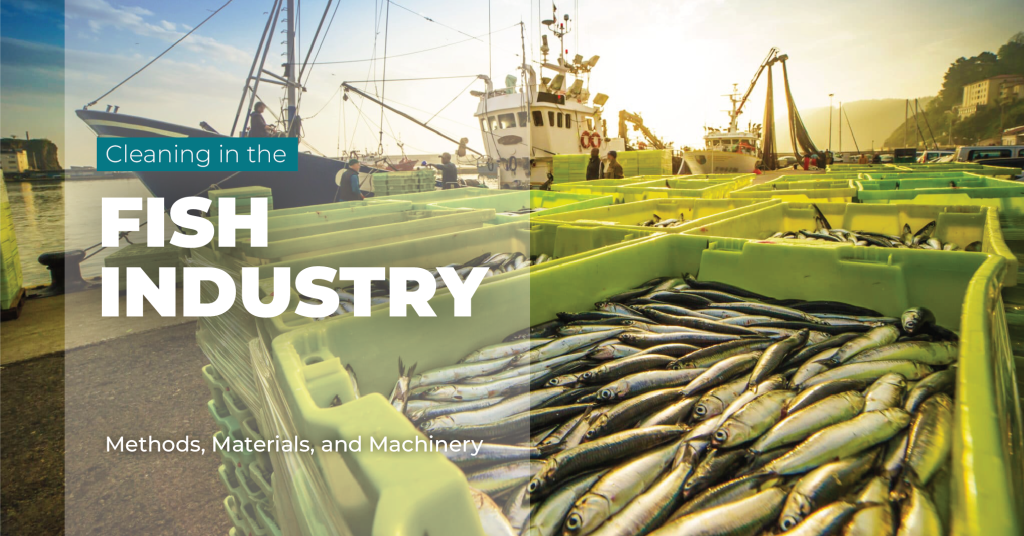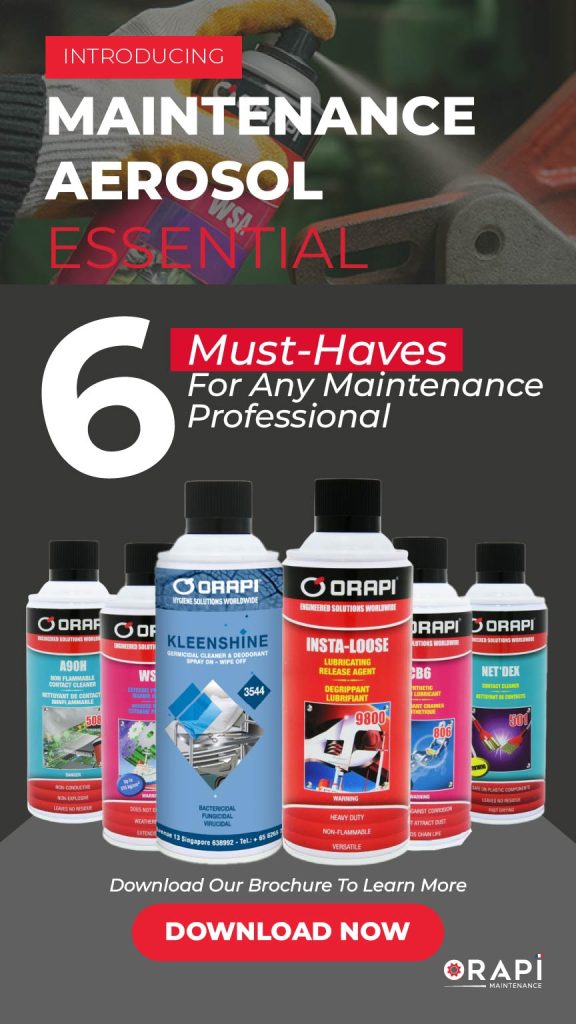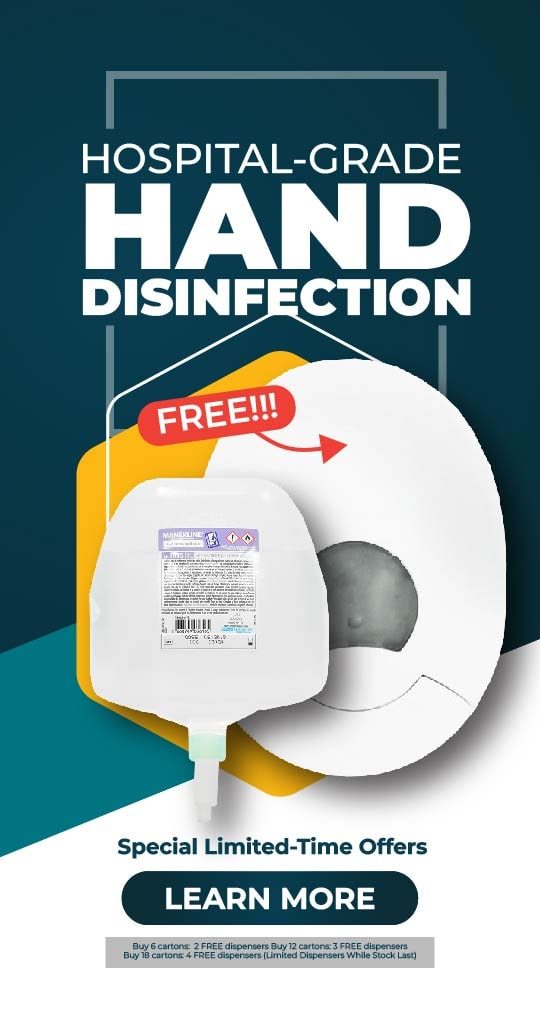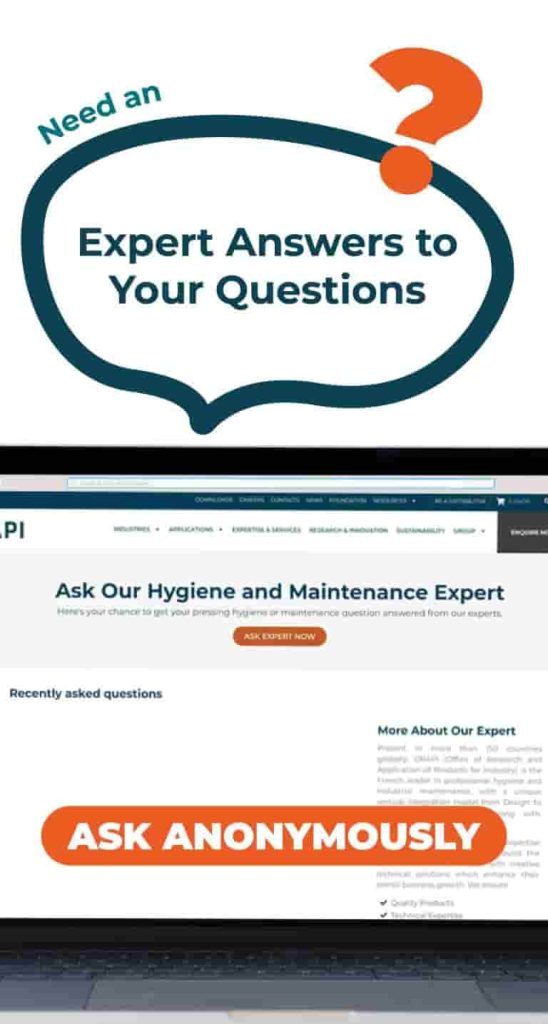
Secrets of Hotel Housekeepers: Tips for Housekeeping Cleaning Like a Pro
A good housekeeping routine is built on some key tools and techniques that keep your environment clean and hygienic. From deep cleaning kits and specialised spot cleaners to advanced methods for minimising cross-contamination, these essentials help achieve efficiency and consistency.




